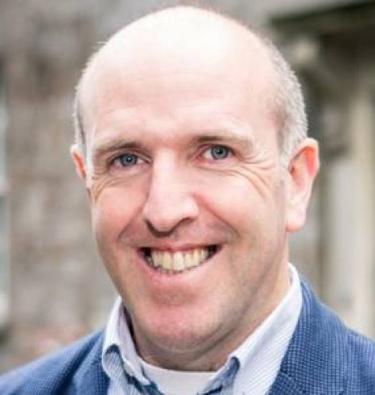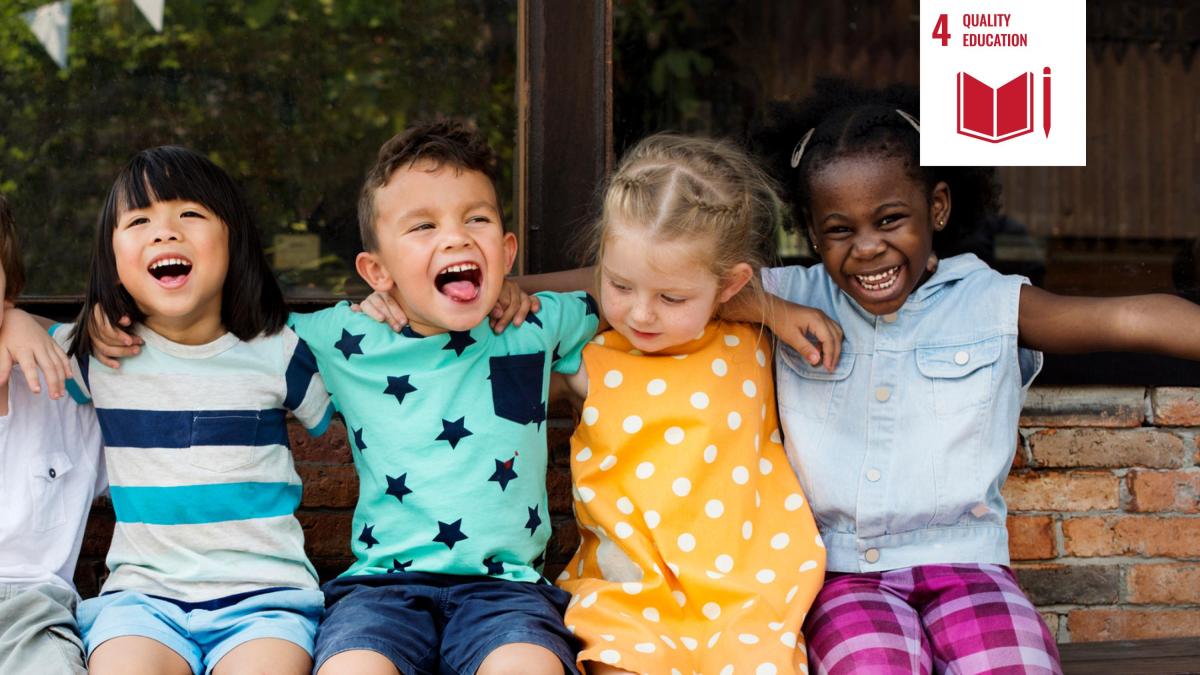
Football is the most popular sport in the world, arguably the most popular pastime in the world, with millions of people playing it and billions watching it. It is discussed and promoted across every form of social media. Online hate speech in football is a global concern, harming fans, players, coaches and media figures across the sport.
One of the prominent features of the Euro 2020 final was the vile racist abuse black English players received following the team’s penalty shootout loss against Italy. Although online hate and abuse had surfaced in the sport before, this was the first time the issue really caught the public’s attention and comprehensive coverage by the press. Three years later at the next tournament, the police, sporting and private organisations that were hired to block abusive content used the Euros to highlight legislative and technological improvements that can be implemented to help protect the players.
However, the reality is that the abuse received by players in a high-profile match is only the tip of the iceberg of a widespread culture of online abuse that permeates football at all levels, and has significant implications beyond the direct wellbeing of the footballers who receive the abuse.
The Tackling Online Hate in Football project is an innovative combination of state-of-the-art quantitative data analysis, nuanced qualitative critical analysis and grassroots activism against hate speech in football. The project brings together diverse expertise spanning data analysis, network building, interview skills, and discourse analysis and engages with player representatives, governing bodies, policy makers, social media platforms, and fan organisations in order to craft a genuinely effective response to the problem.
The team produced a series of impactful publications including an analysis of a popular Manchester City FC online fan forum (over 77,000 members and active for almost 20 years), which explored how supporters legitimise the actions of the club’s ownership regime. This study focused on three specific threads; MCFC’s 2019 FA Cup final victory (that completed a domestic treble), the Court of Arbitration for Sport overturning UEFA’s sanctions of MCFC in July 2020 and the club’s announcement of record profits in 2022. Researchers analysed more than 12,500 comments ranging across four years, using Python programming.
The study found forum users employ a variety of discursive tactics to absolve MCFC of any allegations of financial or moral wrongdoing, and present them as simply excelling within the rules. The motives of the Abu Dhabi United Group in purchasing the club are also explained in a fashion that dismisses the possibility of sportswashing as a journalistic flight of fancy. Manchester City’s owners have achieved legitimacy through convincing fans that they are appropriate and admirable stewards of the club's values, to the extent that fans themselves reassert this legitimacy among communication with each other.
Another study drew on in-depth interviews with 21 high level sports journalists from Ireland and the UK. In a section of the newsroom traditionally seen as less serious, journalists must provide round the clock instantaneous coverage of highly divisive events with tribal fan bases. The challenge is that the emotionally charged nature of sport must be leveraged to produce good and distinctive coverage. However, this leaves them open to abuse triggered by difference in opinion, or even negative reaction to factual reporting.
Additionally, a blurring of the lines between professional and personal lives makes it hard for journalists to bear brunt of the online abuse, without meaningful formal support. Most of those interviewed considered reporting abuse to police or social media companies a ‘waste of time.’ They routinely face damage to their reputation, their careers, and their mental health.
The project has led to funding from the FIA, the governing body of Formula One, for six MPhil scholarships as part of the United Against Online Abuse campaign. Dr Gary Sinclair and Dr Theo Lynn will supervise research on the topic, while providing academic leadership as members of the United against Online Abuse coalition. The project also includes a webinar series and a number of industry reports and outputs.
In February 2024, the TOHIF team members were invited to Sky Sports Studios in London to deliver workshops to the broadcaster’s staff. Held in three sessions over January and February, the workshops centred on the risks and impacts of online harms for sports journalists. Utilising TOHIF’s original research into the problem and inviting Sky staff to share their own experiences, the workshops provided all involved with valuable insights on how to address online harms suffered by sports journalists.
The team has produced a wide range of publications including:
- The use of conspiracy theories in hate discourses
- Racist discourses in online conversation concerning sporting activism
- Machine/deep learning techniques for detecting hate speech
The project has also made a wide range of practical recommendations across the various academic publications it has produced. These include a form of declaration or a code of practice around digital rights for sports journalists .In addition, the same paper made the case for prescribed institutional procedures to better support sports journalists at the coalface of online abuse.
“The professional players we work with feel heard by this project,” Sue Parris, the founder of Simply Human and the Changing Room, two partner organisations that work with professional footballers to support their emotional wellbeing said of the project. “For the first time, they are being asked about the impact and trauma online hate causes to themselves, their teammates, and their families in this space. Rather than being met with suggestions to stop using social media and ignore comments and messages directed at them, which is all too common in football, the players have been actively listened to and their experiences taken into account.”
The project has garnered significant media attention, with coverage on the BBC World Service, The 42, the Second Captains podcast, the Off the Ball show on Newstalk. In addition during the Euro 2024, Dr Gary Sinclair wrote an article for the Conversation.

Dr Colm Kearns is an Assistant Professor in the School of Communications.






